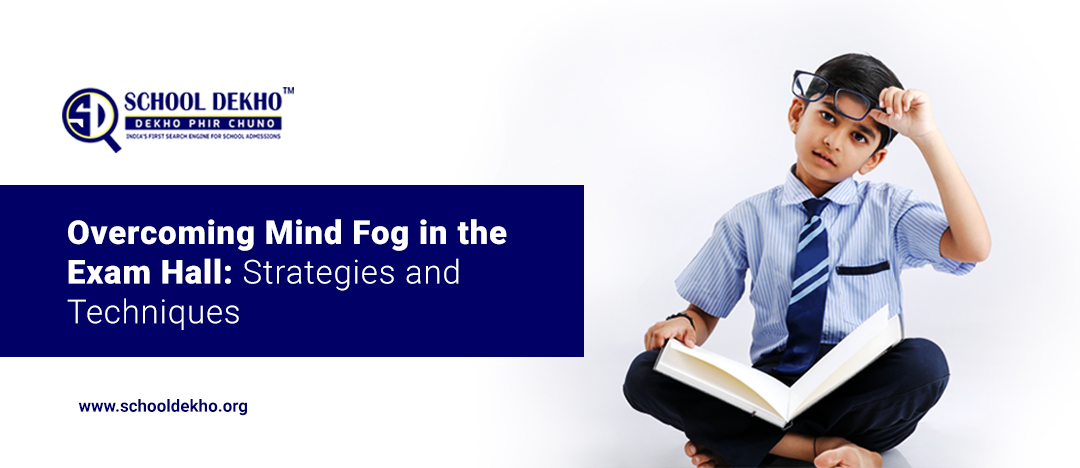
The Unintended Consequences: Potential Misuse of Anti-Ragging Laws in India
Introduction: Nurturing a Safe Educational Environment
In an era where education is considered a cornerstone for personal growth, career advancement, and societal progress, maintaining a safe and supportive learning environment is of paramount importance. In India, anti-ragging laws were introduced with the noble intention of curbing a deeply entrenched practice that threatened the well-being and dignity of students. However, as with any legal framework, there exists a possibility of unintended consequences. This essay delves into the potential misuse of anti-ragging laws in India and its implications for education, learning, student experiences, and ultimately, future careers.
The Context of Anti-Ragging Laws
Anti-ragging laws were enacted to protect students from physical, mental, and emotional abuse within educational institutions. The legislation aimed to create a nurturing atmosphere that encourages learning, personal growth, and the pursuit of one's career aspirations. These laws introduced measures to prevent bullying, harassment, and intimidation, thereby safeguarding the well-being of students during their academic journey. However, it is essential to recognize that any legal instrument, when improperly wielded, can inadvertently lead to misuse and unintended outcomes.
Misinterpretation and Overreach
One potential avenue for the misuse of anti-ragging laws lies in their misinterpretation or overreach. In an effort to comply with these laws, educational institutions may adopt an overly cautious approach, inadvertently stifling interactions among students. Genuine camaraderie and healthy interactions can be misconstrued as ragging, leading to a chilling effect on the natural dynamics of student relationships. This over-cautious stance could hinder the free exchange of ideas, limit social interactions, and impede the collaborative learning that is essential for holistic education and career development.
Restrictions on Student Expression
The misuse of anti-ragging laws may inadvertently infringe upon students' freedom of expression. In the pursuit of creating a secure environment, institutions might enact policies that curtail students' ability to engage in constructive debates, discussions, or even artistic expressions. A robust education encourages critical thinking, diverse perspectives, and the exploration of new ideas. When anti-ragging laws are used excessively, they risk stifling these valuable aspects of the learning process, hindering the development of skills crucial for future careers and professional success.
Deterrent for Extracurricular Activities
Extracurricular activities play a pivotal role in shaping a student's overall personality and career prospects. Clubs, societies, and collaborative projects offer opportunities for students to enhance their leadership skills, teamwork abilities, and time management. However, if anti-ragging laws are misused to restrict student interactions beyond the classroom, it could deter participation in these activities. This unintended consequence not only limits the scope of learning but also hampers the acquisition of valuable skills that are often sought after by employers in various job sectors.
Impact on Career Aspirations
One of the most significant concerns arising from the misuse of anti-ragging laws is the potential impact on student's career aspirations. A rigid and overly regulated environment can discourage creative thinking, innovation, and risk-taking – qualities that are highly desirable in today's job market. If students are unable to explore their potential, engage in entrepreneurial endeavors, or pursue unconventional career paths due to an atmosphere of excessive caution, it could hinder their ability to compete in a rapidly changing professional landscape.
Conclusion: Balancing Protection and Empowerment
While anti-ragging laws undoubtedly have a crucial role to play in ensuring the safety and well-being of students, it is imperative to strike a balance between protection and empowerment. The potential misuse of these laws should not overshadow the core objectives of education – to foster critical thinking, encourage creativity, and equip students with the skills necessary for successful careers. Educational institutions, policymakers, and society at large must remain vigilant, continuously evaluating the implementation of anti-ragging laws to ensure that they serve their intended purpose without inadvertently hindering the growth and development of the students they seek to protect. By promoting a nurturing and supportive learning environment, we can create a generation of well-rounded individuals poised for success in their chosen careers while upholding the principles of dignity and respect.
Contact with Us
Call: 1800 - 2588 - 074
Mail: info@schooldekho.org
Student’s Best Education Portal | School Dekho | India's First School Search Engine | Best Schools Near Me | Find Schools Near me | Dekho Phir Chuno
#dekhophirchuno







Leave your thought here
Your email address will not be published. Required fields are marked *